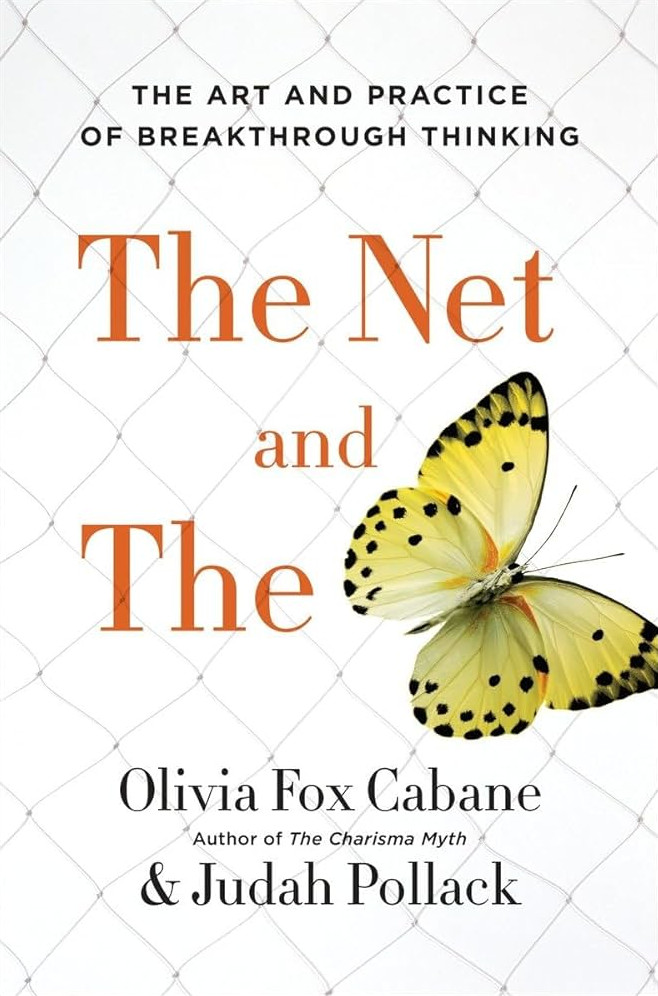Review of the book "The Signal and the Noise"

Nate Silver — the author of "The Signal and the Noise" — is widely known for his successful forecasts, such as the US elections. It is not surprising that the book became a bestseller.
As you might guess, the book is about forecasts. More precisely, it is about approaches to forecasting, complexities, errors, misconceptions, and so on.
As usual, I expected a more theoretical approach, in the spirit of Scale [ru], but the author chose a different path and presented his ideas through the analysis of practical cases: one case per chapter. Each chapter describes a significant task, such as weather forecasting, and provides several prisms for looking at building forecasts. This certainly makes the material more accessible, but personally, I would like more systematics and theory.
Because of the case studies approach, it isn't easy to make a brief summary of the book. It is possible, and it would even be interesting to try, but the amount of work is too large — the author did not intend to provide a coherent system or a short set of basic theses.
Therefore, I will review the book as a whole, provide an approximate list of prisms, and list some cool facts.
About the book "Piranesi"

Cover of the book "Piranesi"
"Piranesi" is both a continuation of the magical stories of Susanna Clarke and an independent book.
The book has no direct connection with the world of English magic [ru] from "Jonathan Strange & Mr. Norrell". If desired, one can find a connection and even say that the worlds are the same, only at different times: the events of "Piranesi" take place in the early 2000s. However, the author did not give any hints on this. Therefore, I consider the worlds to be different for now.
Susanna continues to persistently and effectively dig not even in the direction of animism as the basis of world perception but in the direction of extremely holistic view of the world, in contrast to the currently dominant reductionism.
The latter blows my mind. As an engineer, I'm an intuitive reductionist due to professional deformation. Reading "Jonathan Strange" and "Piranesi", I felt how Clarke, like Peter the Great, cuts a window in my brain to another picture of the world, a different world perception. And it's wonderful.
By the way, don't confuse holism with, say, an engineering view of the world, a-la systems engineering [ru] or even science. The latter is about decomposing reality into isolated parts with clear boundaries and synthesizing "pure" models of the world [ru], while in holism, the parts have no clear boundaries and penetrate each other.
But it is my interpretation, there are interpretations when holism is just an alternative name for a systems thinking/view — it's hard to find literature on this topic now, so it's hard for me to say where the truth is.
So, "Piranesi"
My GPTs and prompt engineering

Ponies are doing prompt engineering (c) DALL-E
I've been using ChatGPT almost since the release of the fourth version (so for over a year now). Over this time, I've gotten pretty good at writing queries to this thing.
At some point, OpenAI allowed customizing chats with your text instructions (look for Customize ChatGPT in the menu). With time, I added more and more commands there, and recently, the size of the instructions exceeded the allowed maximum :-)
Also, it turned out that a universal instruction set is not such a good idea — you need to adjust instructions for different kinds of tasks, otherwise, they won't be as useful as they could be.
Therefore, I moved the instructions to GPT bots instead of customizing my chat. OpenAI calls them GPTs. They are the same chats but with a higher limit on the size of the customized instructions and the ability to upload additional texts as a knowledge base.
Someday, I'll make a GPT for this blog, but for now, I'll tell you about two GPTs I use daily:
- Expert — answers to questions.
- Abstractor — makes abstracts of texts.
For each, I'll provide the basic prompt with my comments.
By the way, OpenAI recently opened a GPT store, I'd be grateful if you liked mine GPTs. Of course, only if they are useful to you.
About the book "The Net And The Butterfly"

I bought "The Net And The Butterfly" by mistake when I was in St. Petersburg about 5 years ago and organized a book-shopping day. I bought about 10 kilograms of books :-D, grabbed this one on autopilot without reading the contents. I thought the book would be about the network effect and the spreading of ideas, but it turned out to be about how to "manage" a brain relying on one of the neural networks in it. Which network? For the book and its content it does not matter at all.
My opinion of "The Net And The Butterfly" is twofold. On the one hand, I cannot deny its usefulness, on the other… the material could have been presented 100 times better and 3 times shorter. Sometimes, the authors walk on thin ice and risk falling into information peddling/marketing fraud.
Two years of writing RFCs — statistics

Slightly more than two years ago, I became a Lead/Engineering Manager for Palta's payment team. I left the company at the end of 2023 for another sabbatical [ru].
It is time to sum up. I will start with my favorite initiative.
From the first month, I promoted the idea of preceding major changes with text documents — RFC — Request for Comments.
In this post, I will analyze two years of applying this practice to share the experience, summarize the results, and have convincing arguments for my next job.